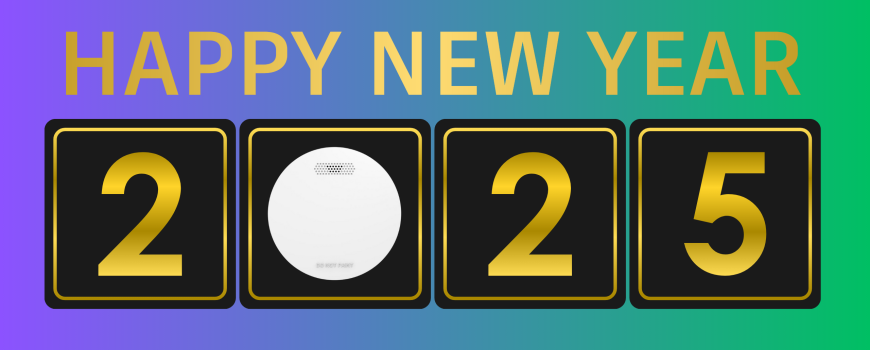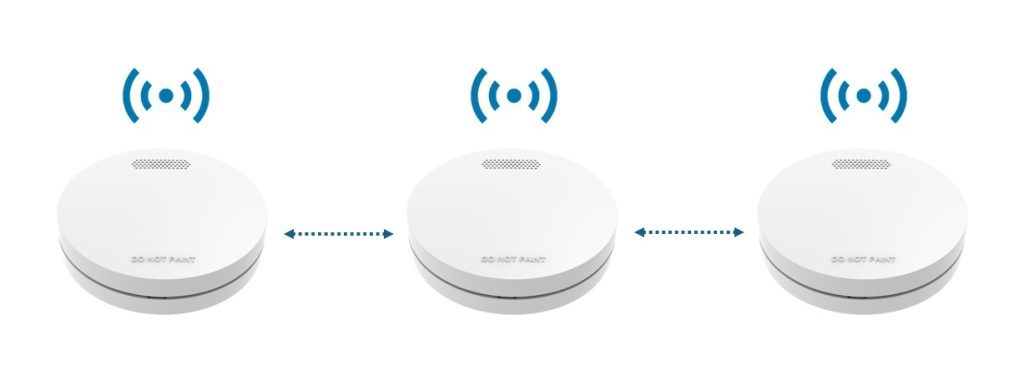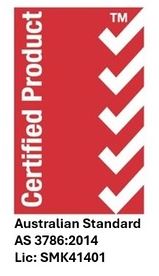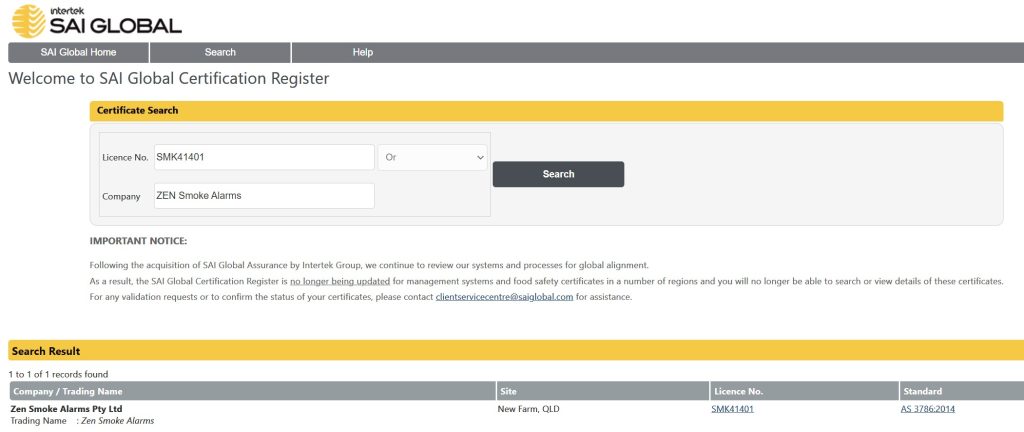Thinking about wireless smoke alarms on your new years resolutions list? As the new year dawns, it’s the perfect time to embrace fresh starts, set inspiring goals, and tackle those long-overdue home improvement projects. While most people are busy scribbling down resolutions like “exercise more” or “eat healthier,” why not add a truly life-changing goal to your list? This year, make your home safer and smarter by installing ZEN wireless smoke alarms. Trust us, it’s the easy DIY glow-up your home deserves for 2025.
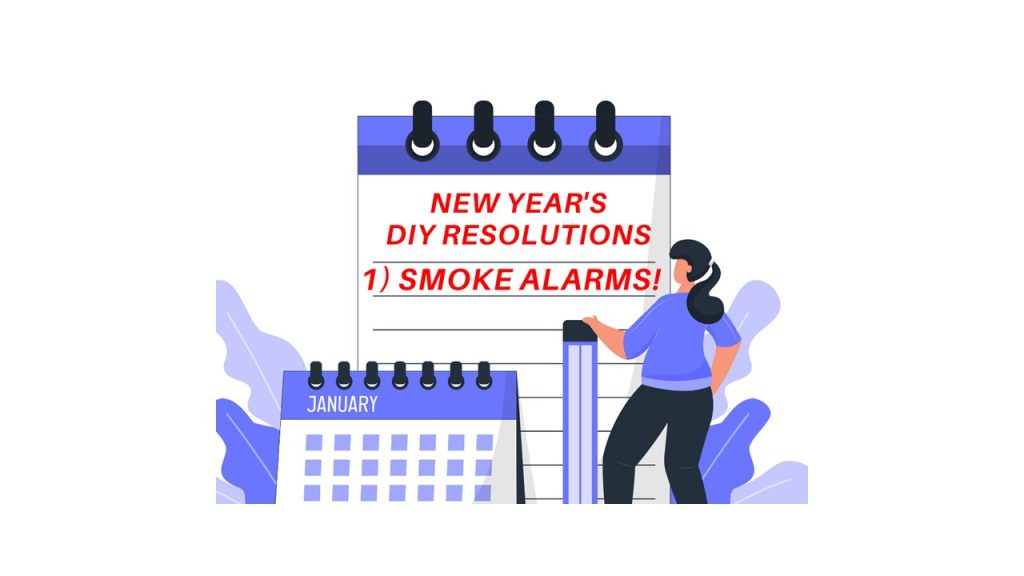
Why is January is the ideal month to make this upgrade? The new year is all about turning over a new leaf, and what better way to do that than by safeguarding your family’s safety? With ZEN’s wireless smoke alarms, you’re not just checking a box—you’re making a bold statement that safety comes first in your household. Plus, starting the year with such a proactive move sets the tone for an organized, responsible year ahead. Cue the applause!
ZEN Wireless Smoke Alarms To The Rescue!
Now, let’s get into the benefits. First off, ZEN wireless smoke alarms don’t just sit there looking stylish (though they do that, too). They’re workhorses that detect smoldering fires early—the kind that traditional ionization alarms might miss. And because they’re interconnected, if one photoelectric smoke alarm goes off, all alarms sound, ensuring you and your family have precious extra seconds to act. It’s like having a team of vigilant guardians keeping watch over your home, 24/7.
Did we mention the added value to your property? Savvy homeowners know that an interconnected photoelectric smoke alarm system isn’t just a safety feature; it’s an investment. If you ever decide to sell, prospective buyers will appreciate this forward-thinking upgrade, especially as Queensland’s new 2027 smoke alarm compliance law deadline looms. You’re not just protecting lives; you’re also protecting your bottom line. Cha-ching!

Wireless smoke alarms such as ZEN can add value to your home
Why Wireless Smoke Alarms Are The Smart Choice
When it comes to home upgrades, convenience and affordability are key. ZEN wireless smoke alarms tick all the boxes:
- Wireless technology: No need for messy wiring—just mount and go!
- Interconnected system: When one alarm sounds, they all do, ensuring maximum safety.
- 10-year sealed battery: No changing batteries every year—just reliable, long-term protection.
- Certified to Australian Standard 3786:2014: Certified and suitable for use in Queensland.
Wireless Smoke Alarms Can Be legally DIY Installed
Wireless smoke alarms such as ZEN have a non-removable 10-year battery and can be legally DIY installed by anyone—no special license required! Since there’s no electrical wiring involved, you can install them yourself without the need for an electrician. This means huge savings on installation costs while ensuring your home meets the latest safety standards.
Keep in mind, however, that 240V hardwired smoke alarms must be used in newly constructed homes, substantial renovations, or when replacing an existing hardwired smoke alarm in QLD.
How to Install ZEN Wireless Smoke Alarms in Minutes
DIY installing ZEN wireless smoke alarms is quick and hassle-free. With the included screws and mounting bracket, you can securely install each alarm in just minutes—no electrician needed! Simply follow these steps:
- Choose the optimal location (bedrooms, hallways, and every level of your home).
- Secure the mounting bracket to the ceiling using the provided screws.
- Attach the alarm to the bracket and test it using the included remote control.
Enjoy fast, reliable protection with our wireless interconnected smoke alarms, designed for easy setup and maximum fire safety in your home.
Bonus Perks: FREE Delivery and FREE Remote Control!
At ZEN Smoke Alarms, we believe that safety should come with a side of perks. That’s why every ZEN wireless smoke alarm bundle pack includes:
- A bonus remote control: Easily test and silence alarms without climbing ladders.
- FREE delivery: Fast and free delivery Australia-wide using Australia Post.
It’s our way of saying thanks for being proactive about your family’s safety!

A Smarter Resolution for 2025
This year, skip the expensive gym memberships you’ll abandon by February and make a resolution that truly matters. Installing ZEN wireless smoke alarms is the smartest, safest, and most rewarding way to kick off the year.
✅ Protect your home ✅ Safeguard your loved ones ✅ Enjoy lasting peace of mind
Go ahead, take the leap—your future self will thank you!

Want to know more? Watch our ZEN Smoke Alarm YouTube channel or call us on 0478 596 402 today
We love talking smoke alarms!
ZEN Photoelectric Smoke Alarms
New Farm, QLD, 4005

